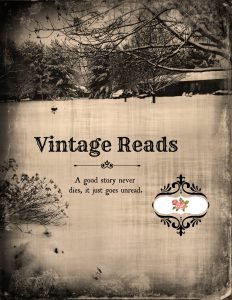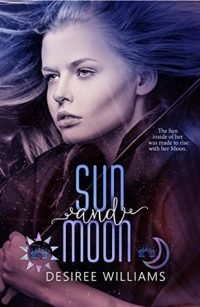My local library had the foresight to carry several novels with deaf characters for children and teens. Rocky Road is one of them. In the coming months, I will be including additional reviews as part of a “Deaf Series.”
Synopsis
Tess Dobson has always rolled with the punches that make up her life. Her dad left years ago, her little brother, Jordan, is deaf, and her mom is a bit wild and crazy. Take, for instance, their sudden move from San Antonio, Texas, to Schenectady, New York. Mom thinks the schools up north can help Jordan. The family has no money, but Tess’s mother plans to start up an ice cream shop in the middle of the winter. And they’re living in a run-down, old people’s community.
Tess manages to start some new friendships in the middle of seventh grade, keep up with her ASL practice for her brother, get to know some of her elderly neighbors, and help her mom with the preparations for the ice cream parlor. As Mom’s bipolar behavior intensifies, Tess learns that the family’s survival doesn’t depend on Tess.
Pros
- All the characters, no matter how quirky, are lovable and to be admired.
- With the main character’s southern personality, the down-home, Texas sayings that come out of her mouth make for a fun read.
Cons
While I think of this story as realistic fiction, it’s really not. The characters are almost caricatures. I have never met real people like Tess, her mom, and her friends. That said, there’s nothing wrong with making characters larger than life when the author wants to point out specific traits or actions that readers are encouraged to emulate. In Rocky Road’s case: be a friend and accept individual differences in the people around you.
Discussion questions
- Tess knows she can’t talk her mom out of moving, so she decides to make the best of a bad situation. How would you have reacted in the same circumstances?
- Why did Mom want to move?
- At what point in the story could you tell Mom probably needed medical help?
- If you had a brother or sister who was deaf, would you learn sign language?
Conclusion
The book jacket’s final line encapsulates the novel: “This moving story of family, community, and ice cream proves that with a little help from the people around us, life really can be sweet—and a little nutty—just like Rocky Road.” Which is why I loved this book.




 Set in post-Revolutionary War New England, Carry On, Mr. Bowditch is the biography of Nathaniel Bowditch, author of The American Practical Navigator, nicknamed the “Sailor’s Bible.” While I never paid attention to the author’s name when I was a child, I’m sure I read several of Jean Lee Latham’s biographical works. I recognized her writing style at once.
Set in post-Revolutionary War New England, Carry On, Mr. Bowditch is the biography of Nathaniel Bowditch, author of The American Practical Navigator, nicknamed the “Sailor’s Bible.” While I never paid attention to the author’s name when I was a child, I’m sure I read several of Jean Lee Latham’s biographical works. I recognized her writing style at once.







 free to roam the countryside surrounding his small town of Serenity the whole day long, and his parents have no trouble with him befriending the village’s odd-man character, Onion John.
free to roam the countryside surrounding his small town of Serenity the whole day long, and his parents have no trouble with him befriending the village’s odd-man character, Onion John.